Why Should the Elderly Reduce Caffeine Intake?
If you are drinking more than five cups of coffee, it is time to reduce your caffeine intake. Too much caffeine can be dangerous, in particular for the elderly who are more prone to dehydration. The key is to consume it responsibly. In moderation, caffeine can in fact boost the elderly’s energy and improve their focus.
Side effects of too much caffeine
Caffeine is a diuretic (in other words it causes increased passing of urine) which causes the elderly to become dehydrated more quickly. As seniors are quicker to respond to slight changes in the amount of fluid in their bodies, when they become dehydrated it can lead to lightheadedness. Plus, if the person is prone to falling, too much caffeine can increase this risk.
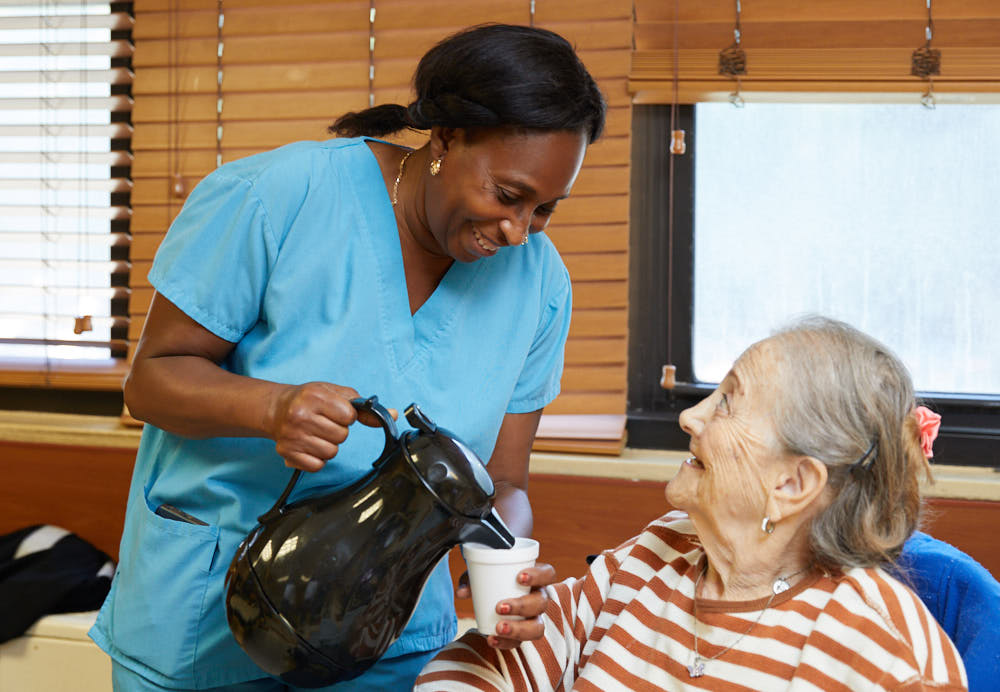
Caffeine is also a stimulant which means that it can “fire up” the nervous system. This can cause indigestion, an upset stomach, irritability, headaches and restlessness. If it is not consumed in moderation, it can also lead to a reduction in bone strength, increased blood pressure, insomnia and nervousness.
Who is more at risk?
If a person suffers from certain chronic conditions such as: high blood pressure, osteoporosis, inflammation of the stomach lining, diabetes or ulcers, the side effects of caffeine can pose more risk. Seniors who already battle with insomnia can also find that too much caffeine (especially if it is consumed near bedtime) can in fact worsen the condition.
How can senior citizens reduce their caffeine intake?
The most important step is to track the caffeine intake. By doing this, you can prevent that the person consumes too much.
It is also important to remember that coffee is not the only source of caffeine. Chocolate, some medication, tea and fizzy drinks can also contain caffeine. You will, therefore, have to keep track of other sources of caffeine too. If there are different caregivers looking after a patient, it is a good idea to make notes of the sources of caffeine so that others can make adjustments where necessary.
Seniors should also ensure that they drink enough water. Not only is water a healthy alternative, but it also helps to prevent dehydration. It can also be a good idea to opt for some caffeine-free options like certain herbal teas instead.
In addition to reducing the caffeine intake, you can also make changes to when caffeine gets consumed. For instance, by introducing a no-caffeine rule a couple of hours before bedtime, insomnia can improve.
At the end of the day if caffeine intake has to be reduced, it is important to remember that the person could experience some withdrawal which could be challenging. Therefore, speak to a medical professional who will be able to advise you about how to best reduce your caffeine intake.
Making lifestyle changes like reducing your caffeine intake can be challenging, but it is definitely possible. Here at Fairview Rehab & Nursing Home in Queens, NY, our caring team is always available to offer support.
This article contains informational and educational materials and does not replace health or medical advice. For questions or concerns regarding your medical condition or health objectives, speak to a qualified physician or healthcare provider.
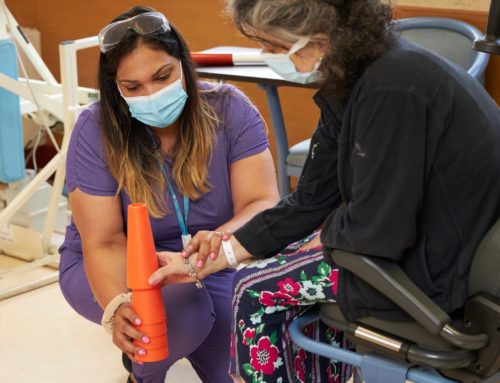

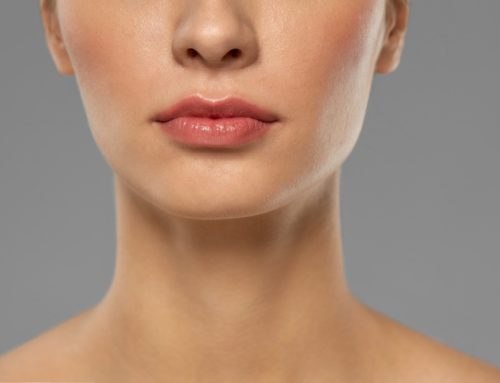
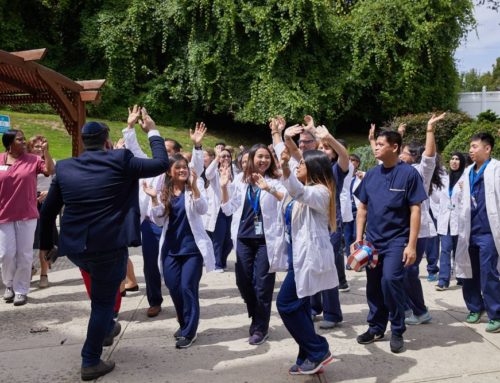
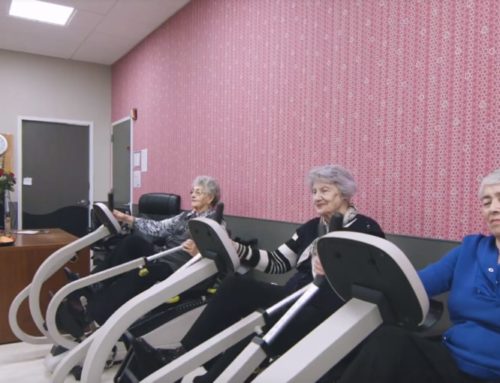
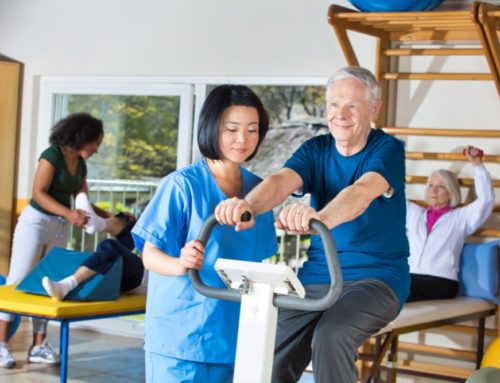
Leave A Comment